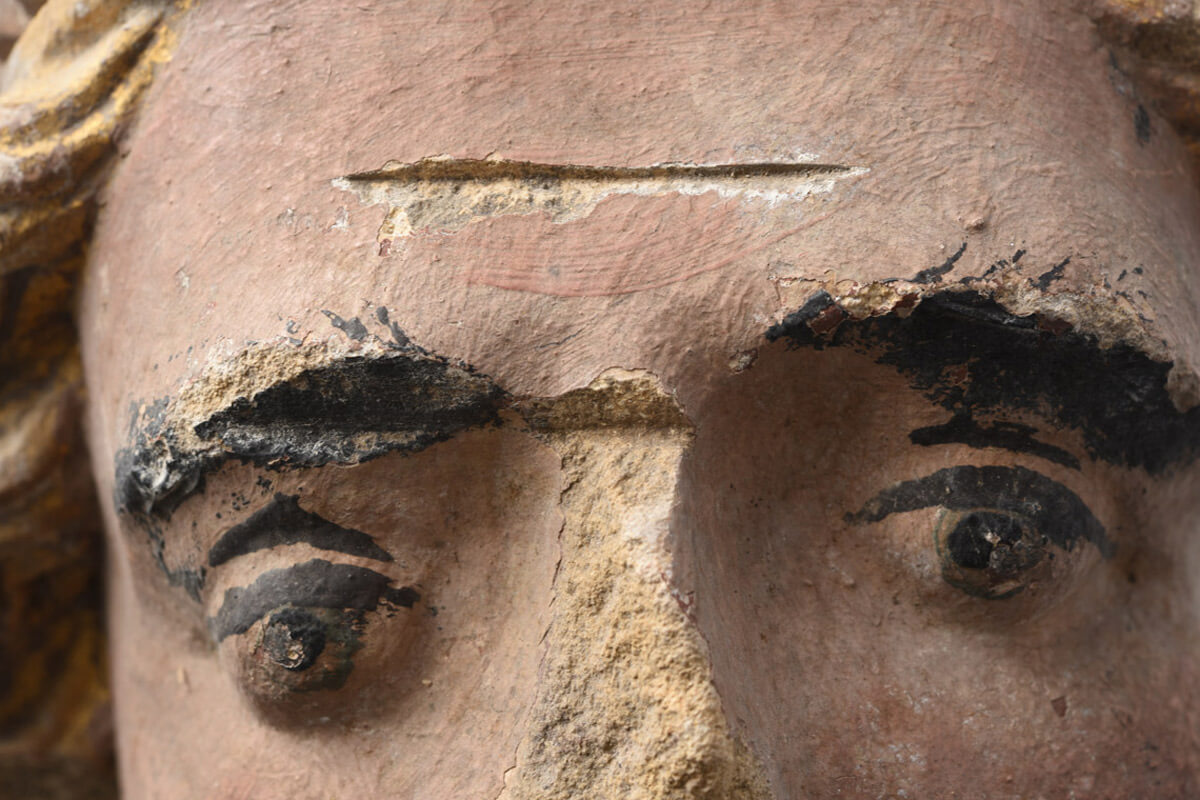Dolls and Idols
The iconoclasm of child’s play
Joe Moshenska

In 1853, the poet Charles Baudelaire published an essay titled “Morale du joujou”—usually translated as “A Philosophy of Toys”—in which he strove to get to the root of the intense, unstable relationships that children have with their playthings. In the essay’s most memorable passage, Baudelaire argues that the “brats” who rip and break their cuddly companions shouldn’t be seen just as wantonly destructive—rather, their desire is “to get at and see the soul of their toys,” a desire that he reads as “the first metaphysical stirring.” Not every child, however, has the chance to act on these inner impulses. “There are some parents,” Baudelaire writes, “who try never to give toys. These are solemn, excessively solemn, individuals who have made no study of nature, and who generally make everyone around them miserable. I do not know why I think of them as reeking of Protestantism.”[1]
For Baudelaire, the scene of play involves not just the child and his or her toy, but a supervising adult, who looks on, anxious that the child is playing too violently, or playing at all. It is as much an account of the adult’s discomfort as of the play itself. That anxiety will still be familiar to anyone who has heard, or uttered, that ubiquitous mantra of modern childcare—“play nicely!”—but its roots are much deeper. In fact, I’d suggest, the history of child’s play, insofar as we can reconstruct it, is the history of adults’ attitudes to such play, of their anxiety and confusion in the face of the playing child’s opacity, self-absorption, and lurches of logic as the plaything is treasured and then discarded, cherished and then ripped apart. The nature of this anxiety changes—excessively disordered children’s games, which were even sometimes taken as evidence for demonic possession in the seventeenth century, might have seemed like merely moral failings in the nineteenth—but the anxiety seems always to be present in some form. Child’s play tends often to be disappointing to adults, less wholesome than it somehow should be, whether this is expressed in local forms—concerns about violent video games, say—or more broadly, as when Fredric Jameson complains that, because children’s experience has increasingly been organized by consumer society, childhood is on the verge of losing “its capacity to suggest or project ideas like play, which were thought to convey freedom in motion, as a form of active self-invention and self-determination.”[2]